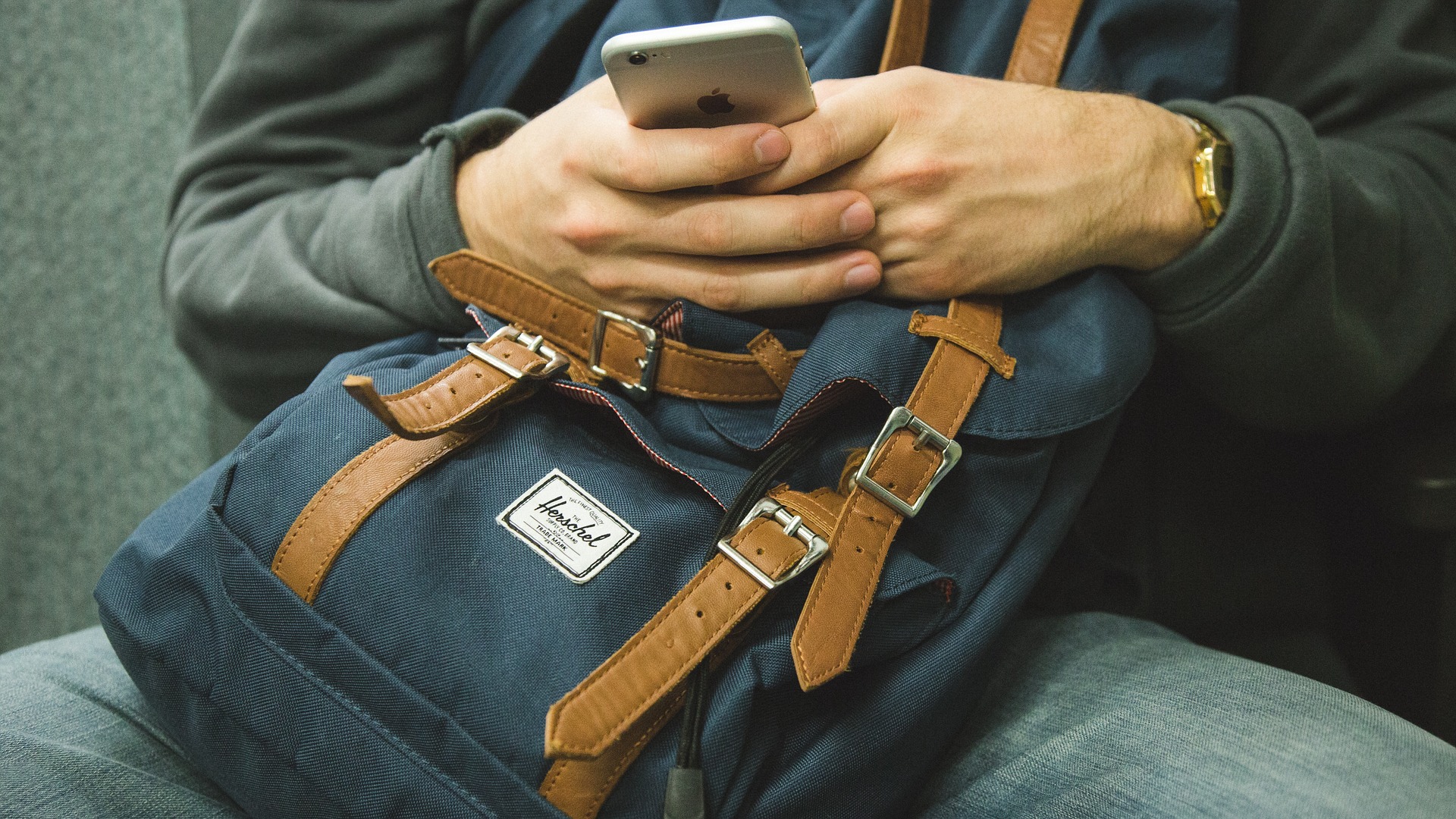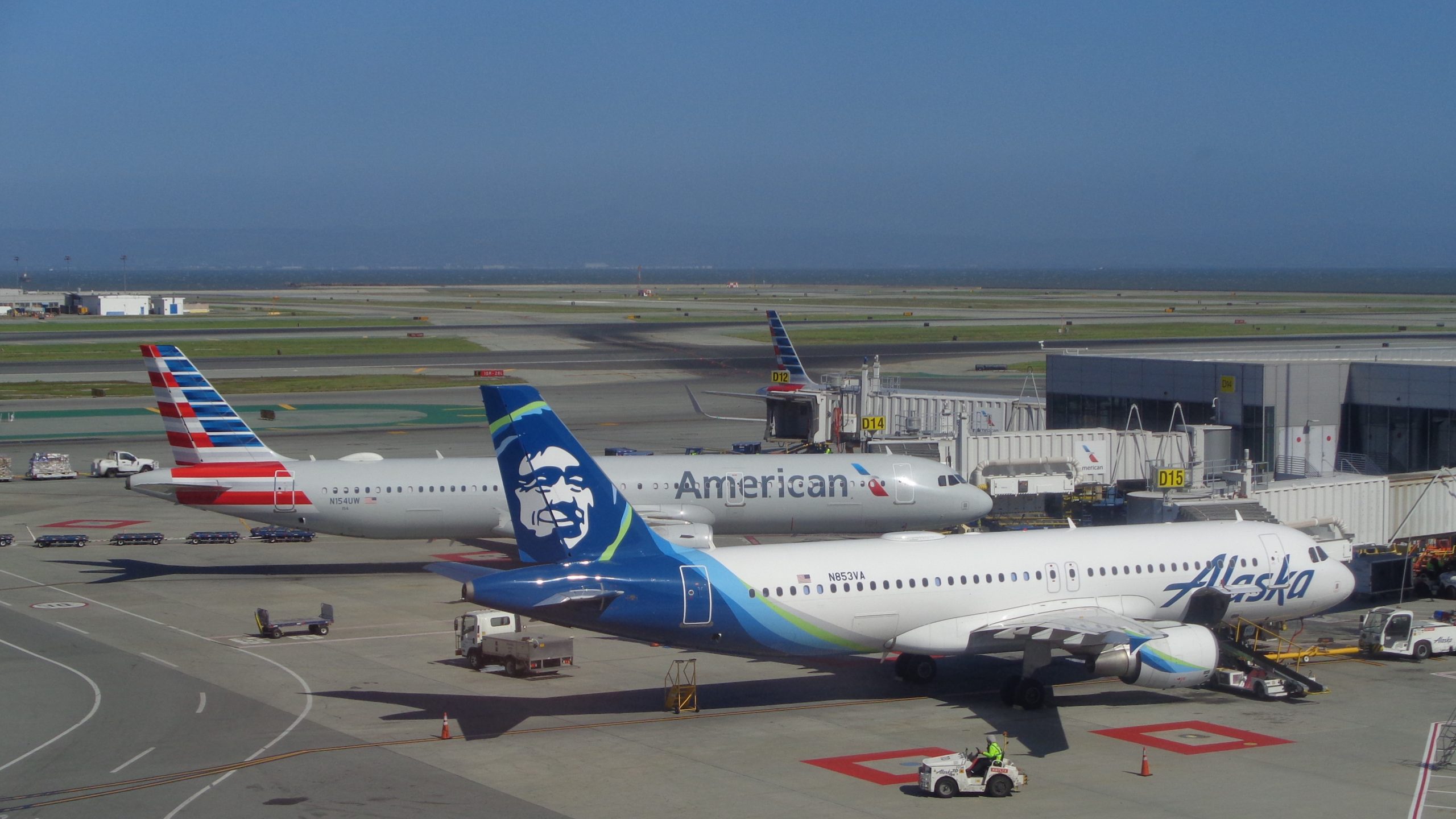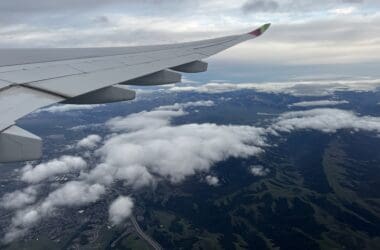It’s hard to ignore the effects that the novel coronavirus pandemic is having on everyday life around the world. From social distancing, to quarantines, to the closures of schools and other institutions, the world as we knew it has been upended during the past month.
It’s no secret that the tourism and travel sector is taking a massive hit. With numerous countries enacting international travel bans, airlines cutting flights due to lessened demand, and the call to suspend both leisure and business travel entirely, the industry is in free fall. The TSA numbers don’t lie. The number of passengers flying in the U.S. hit 1958 levels this past week.
Even if the airlines manage to stave off bankruptcy and massive losses due to government intervention, not everyone will be so fortunate. Those most at risk are those who rely entirely on tourism and travel for their livelihood and who have no safety net.
The Awful Impact of COVID-19 on The Tourism Sector
Travel and tourism contributed $8.8 trillion to the global economy in 2018. This is approximately 10% of the global GDP. Although GDP is not directly linked to the number of jobs, tourism and travel also represent 10% of all jobs worldwide. The sector has been outpacing the average in terms of growth as well.
In one sense, 10% doesn’t sound that bad. But let’s turn it into real numbers. The global workforce is approximately 3 billion people. This means that 300 million are reliant on tourism for their income! That’s a ludicrous number of people either out of work or who could potentially be out of work. A full quarter of them are immediately at risk.
The impact of COVID-19 on tourism could likely be “worse than 9/11 and the 2008 crash combined.” Both of these caused significant drops in travel and tourism. The situation we’re in is unprecedented. I don’t necessarily mean the pandemic itself, but the response that has been mounted globally.

Balancing Jobs and Lives
While I don’t want to minimize the impact of the disease itself, the response that is being mounted could very well be short-sighted, especially for the travel and tourism sector. Based on everything I’ve read and listened to (which has been a lot in the past couple weeks), there are very few talking about the lasting effects that our response to the coronavirus will have. All that’s being discussed is the prevention of death now. If it means shutting down sections of the economy to save lives, then we’re going to do it. That’s at least the takeaway. But at this point, the future cost can’t be ignored.
It’s always hard to talk about dollars versus lives. No one likes to do that. However, you must do so in the realm of public policy. If you can save a person for $500, then let’s do it. That’s an easy choice. But what if the cost is $10 billion? That might be fine by the person in question, but it would be absurd to pursue this from a public policy perspective. The U.S. Office of Management and Budget has a value: a life is valued at $7 million to $9 million. Sound crazy? It’s not. Give it some thought. You can do a lot toward saving lives with $7 million.
But the question is not really dollars versus lives. It’s lives versus lives. Poverty is positively correlated with increased mortality, mainly in the form of poorer overall health and healthcare. There are 75 million people immediately at risk in the tourism industry. Many more have a bleak outlook. Are we willing to potentially throw millions into poverty to save what will likely be no more than the death of hundreds of thousands worldwide? It is a question that truly needs to be asked, as hard as it is.
Final Thoughts
The impact of public response to the coronavirus on the tourism and travel industry, as well as other sectors, needs to truly be considered. There is obvious strain over lifting the shutdown, with many fearing a “second wave” of infections. But there are others suffering in a different way. The sinister part is that the effects will not be immediate. But there will be effects. And this is what we are forgetting.
We don’t know what the end of the road looks like yet for either the pandemic itself or the economic fallout it is causing. The “real-time” nature of everything, lack of hard data, and fear of the unknown are all hurdles to determining and mounting the best response possible. What is clear is that the travel and tourism industry is reeling. And it may take years for it to recover.













I hear you’ll! This whole thing is just horrible, to say the least! I am just sick to my stomach from the disaster that is going on world wide. Over the weekend I ordered takeout food from a place in downtown San Diego and it is a ghost town. No people and no lines. Only the cashier and a table blocking the entrance to the restaurant with the credit card swipe. I paid, got my food and that was it. Just a horrific scenery knowing so many are out of work!
FYI – I just learned today that my Rick Steve June Europe tour has been cancelled!
Bummer on your Europe tour. 🙁 So sad. The whole thing is truly awful for so many reasons.
I’ve been making a point to support local businesses where I can. My wife and I still have stable jobs, and with the money coming from the Feds, I hope we can do our part to help keep restaurants and coffee shops alive.
A friend just down the street has had to completely close down his candy business, even online orders (which makes no sense!). I feel so bad for him and those in similar situations.